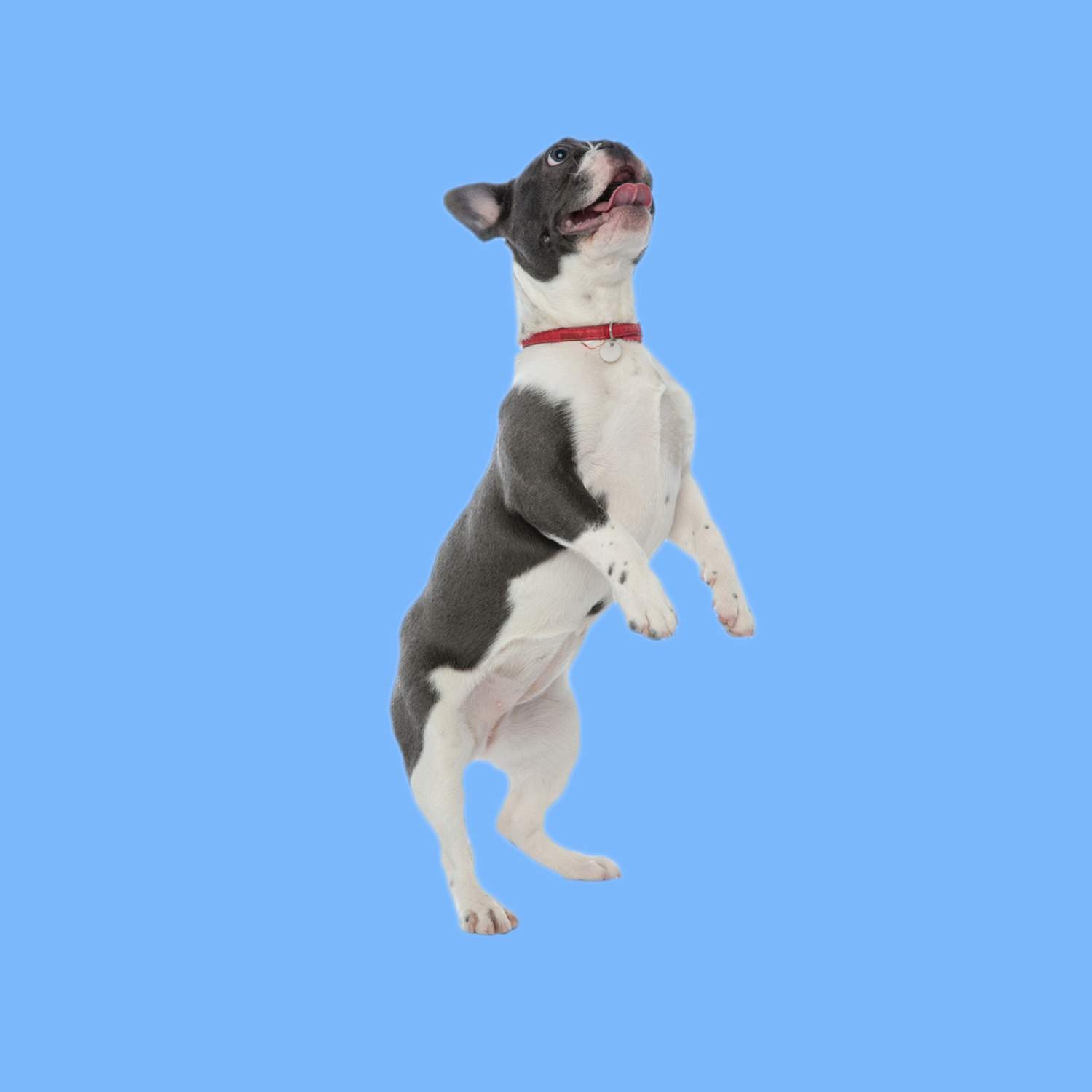Hereditary Cataract
Cataracts cause a gradual deterioration of the companion animal’s vision. At this time, the crystal, which is transparent in a healthy eye, acquires a grayish or milky color.
Congenital cataracts are usually caused by an infectious disease or birth trauma acquired during the mother’s pregnancy. Although the management of congenital diseases is often beyond our control, consuming foods rich in vitamins C and E can greatly improve the eye health of your companion animal. As a competent parent, remember that regular veterinary check-ups and protecting the eyes from the harmful effects of the sun are prerequisites for effective disease management.
Degenerative Myelopathy
Myelopathy affects the spinal cord of our beloved companions. The symptoms of this inherited disease are caused by damage to the brain cells responsible for movement and balance. Although myelopathy is incurable, there are several ways to improve the quality of life of your companion animals. In such cases, consultation with a veterinarian is the best solution.
Hyperuricosuria
Like humans, companion animals can develop stones both in their kidneys and gallbladder. This phenomenon is so common that veterinarians are no longer surprised by their existence. However, solid growths don’t only occur in the kidneys, bladder, and gallbladder. For reasons known or unknown to us, stones may also form in other parts of the body. To effectively manage this process and to implement appropriate medical intervention in time, regular visits to the veterinarian are of particular importance.
Kneecap Dislocation
Kneecap dislocation is a hereditary problem. To avoid the discomfort caused by this problem, it is necessary to exercise regularly and maintain a healthy weight. A balanced intake of lean meats, eggs, high-quality protein, calcium, and phosphorus will help your important family members develop muscles properly.
Corrective surgery may be necessary to correct severe cases of knee cap dislocation. However, regular veterinary check-ups will detect early signs of kneecap dislocation and allow you to take appropriate measures at an early stage of the disease’s development.
Breathing Difficulties
The French Bulldog is brachycephalic. This means that he has a short nose and narrowed nostrils. Because of this, as the body temperature rises, the issue of breathing becomes more and more important. This problem gets worse with weight gain. That is why eating healthy food and monitoring weight is of particular importance to prevent the problem.
Competent French Bulldog parents should also know that these dear companion animals are prone to heatstroke. Therefore, leaving them in a closed space (apartment or car) for a long time is especially dangerous.
In such an environment, French and English Bulldogs find it difficult to breathe and develop convulsive attacks. While walking in the sun or the frost, you will also easily notice how your companion animals start snoring. This is due to the accumulation of large amounts of mucus in their nasal cavity.

